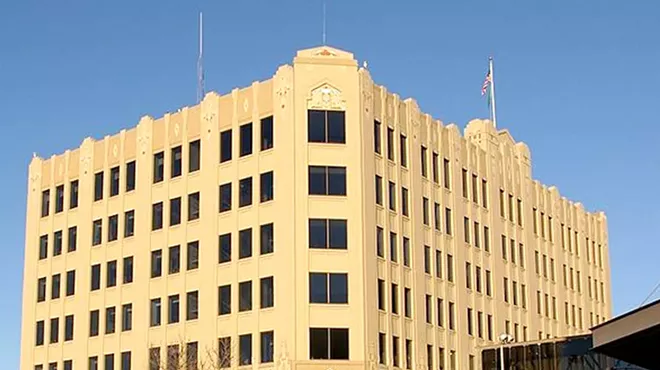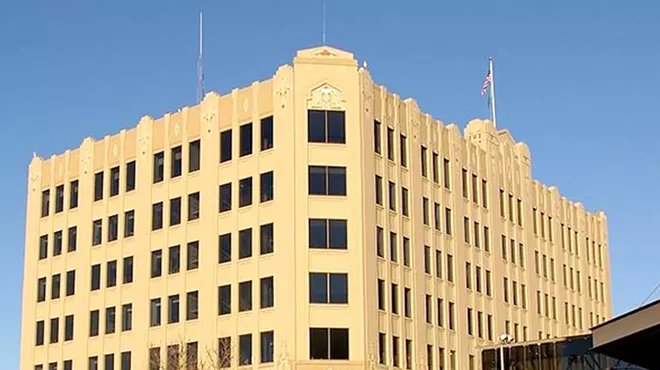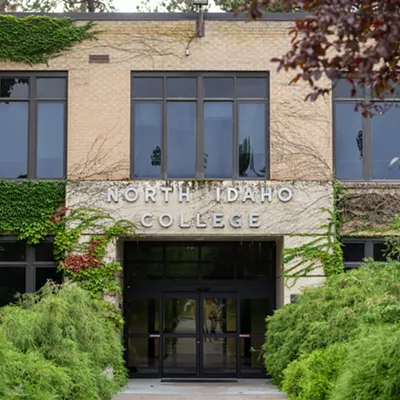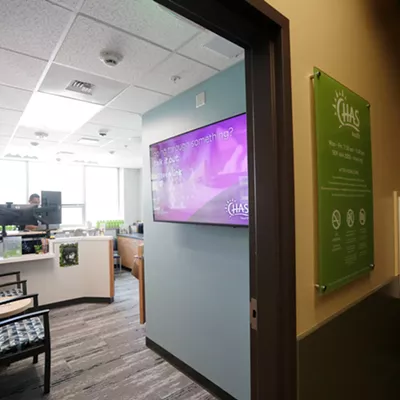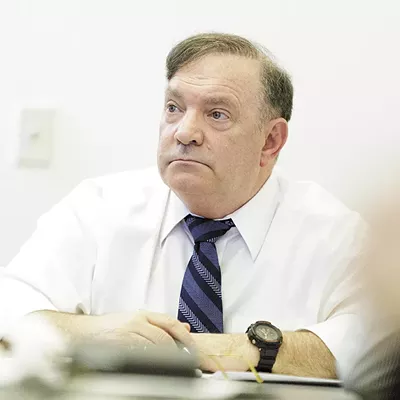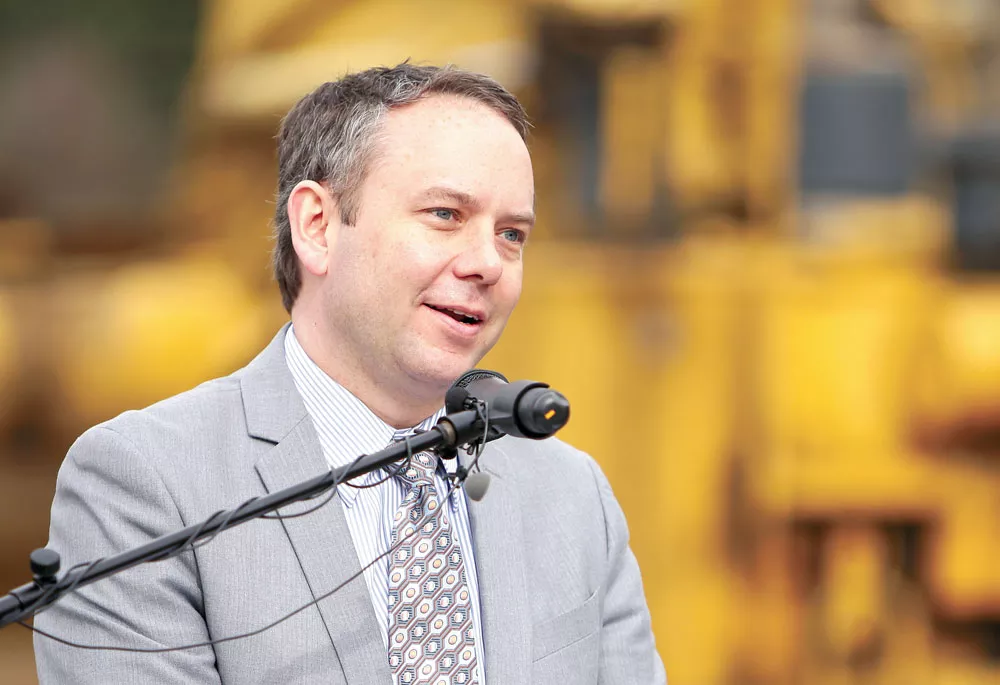
WORKED UP
The Downtown Spokane Partnership, a group that advocates on behalf of downtown businesses, has called on Mayor David Condon to take legal action to prevent a sweeping initiative from reaching the ballot.
On Monday, Spokane City Council voted to send the signatures for the WORKER BILL OF RIGHTS initiative to the county for verification. The initiative is the latest from Envision Spokane, a group that has twice qualified its Community Bill of Rights for the ballot and twice had them voted down.
If passed by voters in November, the Worker Bill of Rights would establish a living wage for most employees, equal pay and the right to not be wrongfully terminated, while diminishing the rights of corporations. The DSP points to a legal opinion from the city hearing examiner that questions the constitutionality of two of the initiative's provisions.
"Frankly, every citizen ought to be deeply concerned about this getting on the ballot because it sounds like a chicken in every pot, but the reality is even the discussion about the initiative passing is having a stifling effect on the local economy," says DSP President Mark Richard.
In 2013, a coalition of business groups (including the DSP), Spokane County and three city councilmembers convinced a Superior Court judge that a version of Envision Spokane's Community Bill of Rights was outside the city's scope and should be kept off the ballot. The decision was reversed by an appellate court in January and has been appealed to the state Supreme Court. Richard says the mayor, whose office did not respond by press time, would likely have better legal standing to challenge the Worker Bill of Rights initiative.
"It's the people's choice, not the courts," says Kai Huschke, coordinator for the Envision Worker Rights campaign. Huschke disputes the hearing examiner's reading of the initiative and says his organization is ready to defend it in court if passed. (JAKE THOMAS)
FINALLY, FINALISTS
Three finalists for the VACANT OMBUDSMAN POSITION were submitted to the Office of Police Ombudsman Commission last weekend. They are Robert Breeden, a former Florida Department of Law Enforcement agent; Raheel Humayun, an investigator for British Columbia's Office of the Ombudsperson; and Allen Huggins, a private investigator in Coeur d'Alene and former police captain in Costa Mesa, California.
Although the three names should come as a relief to those who have been clamoring for a new police ombudsman since January, it appears as though it will be September before someone is actually hired. That's because three members of the five-member OPO Commission, which is responsible for selecting one of the three candidates, left after a whistleblower complaint alleged that the three altered meeting minutes, concealed vote counts to give the impression of unanimity and abused their authority.
Until three more commissioners are added, the three ombudsman candidates will hang in limbo.
Two of the new commissioners will come from recommendations from Mayor David Condon and one will be selected by City Councilmembers Candace Mumm and Karen Stratton to represent District 3. City spokesman Brian Coddington says the city is conducting interviews and anticipates sending qualified candidates to the city council in a "couple weeks," but there is no definite timeline.
"I'm beyond frustrated," says City Council member Jon Snyder, chair of the Public Safety Committee. "It is essential that we get the ombudsman office up and running again." (MITCH RYALS)
CLOSING THE GAP
In Idaho, 78,000 people make too much money to qualify for Medicaid but too little money to qualify for state subsidies. Unable to afford health insurance premiums without subsidies, these Idahoans REMAIN UNINSURED. Many are also among the 7.5 million people in the U.S. who were penalized an average of $200 — mandated by the Affordable Care Act — by the IRS for not having health insurance in 2014.
The group Close the Gap Idaho is working to address this lapse in coverage, which they found primarily affects workers in the restaurant, agricultural, construction and office administration industries. Close the Gap found that getting everyone insured would save lots of money — $184 million in state and local funds over 10 years — and between 76 and 179 lives each year. It won't be a quick fix, though.
"The legislature has to expand Medicaid or find some other means of insuring those people, either through the governor's office or the legislature," says Idaho Department of Health and Welfare public information officer Niki Forbing-Orr. "The income limit is so low: if you're an adult with no children, there's virtually no options for your at this point." (LAEL HENTERLY)





